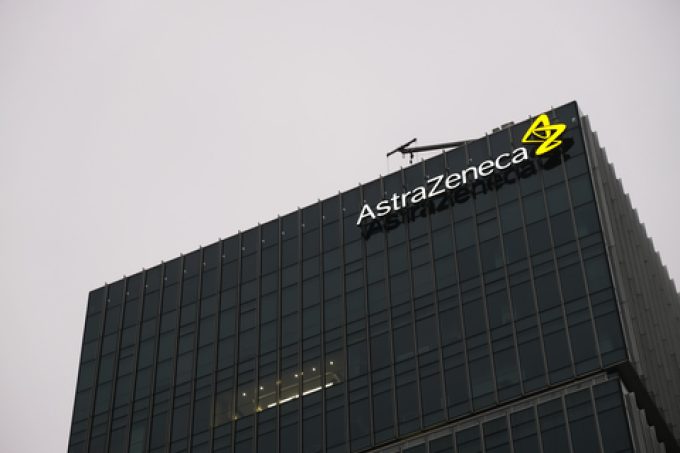Trump or Harris: who will be better for revision of US trade deal with Mexico?
North American supply chain stakeholders near-shoring to Mexico have increased opportunities for the region’s trucking ...

With the US-China tariff war showing every sign of worsening, multinational firms are considering building independent supply chains for the US and China.
Leading pharmaceutical company AstraZeneca has announced plans to establish manufacturing plants in China to serve the region exclusively.
For China-focused forwarders, the news represents a beacon of hope that the logistics industry may be shielded from the worst of the tariff and tension fallout.
A spokesperson from Dimerco told The Loadstar the move by AstraZeneca demonstrated companies’ faith in China’s self-sufficient ...
Maersk skips call at Rotterdam as labour issues bring delay
The shape of Asia-Europe shipping capacity as the new alliances bed in
CBP won't be ready for flood of extra processing after de minimis pause
Near-shoring drives Mexican warehouse space to historic lows
Rough seas drive powerless MSC box ship aground on Canadian coast
'Hands on triggers' over Gaza a threat to early Red Sea return
Chaos at Chittagong as port workers' strike creates vessel and box backlogs

Comment on this article